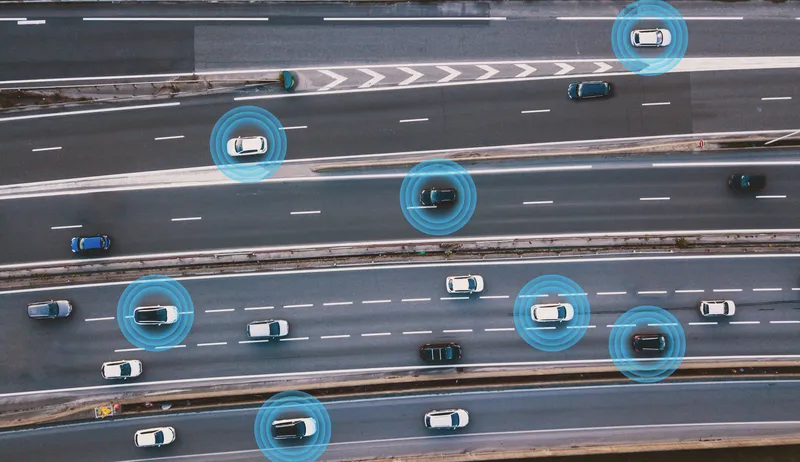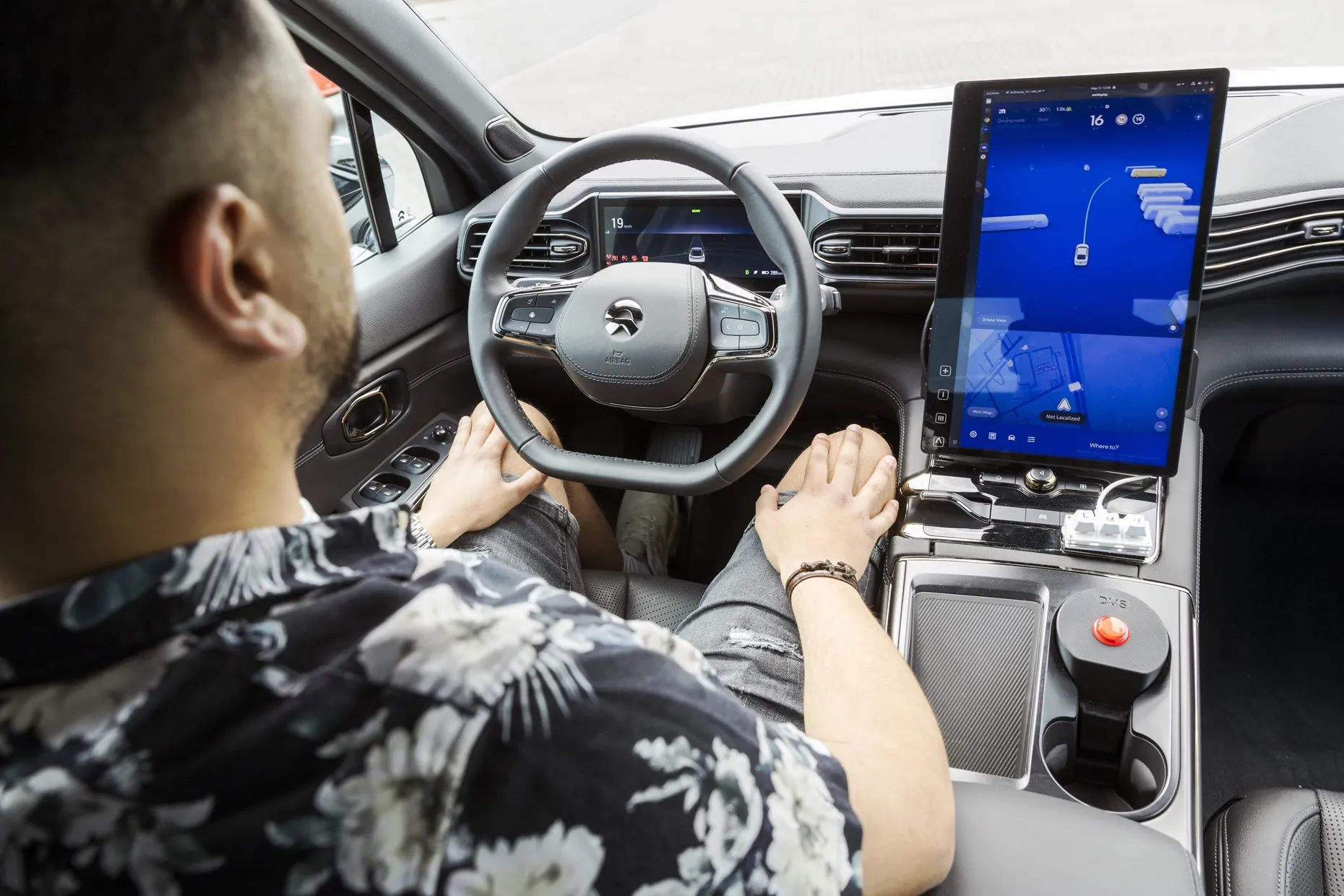From 2018, 2GetThere’s ParkShuttle autonomous vehicle, which has been operated by Connexxion at the Rivium business park in Capelle aan den IJssel in the Netherlands since 1999, will begin operating on public roads without a driver or supervisor. The vehicle currently carries over 2,400 passengers daily and is expected to expand under plans to extend the route to Erasmus University and Feyenoord City, the new stadium of Rotterdam-based football team.
February 21, 2017
Read time: 1 min
From 2018, 8172 2GetThere’s ParkShuttle autonomous vehicle, which has been operated by Connexxion at the Rivium business park in Capelle aan den IJssel in the Netherlands since 1999, will begin operating on public roads without a driver or supervisor.
The vehicle currently carries over 2,400 passengers daily and is expected to expand under plans to extend the route to Erasmus University and Feyenoord City, the new stadium of Rotterdam-based football team.
The vehicle currently carries over 2,400 passengers daily and is expected to expand under plans to extend the route to Erasmus University and Feyenoord City, the new stadium of Rotterdam-based football team.










